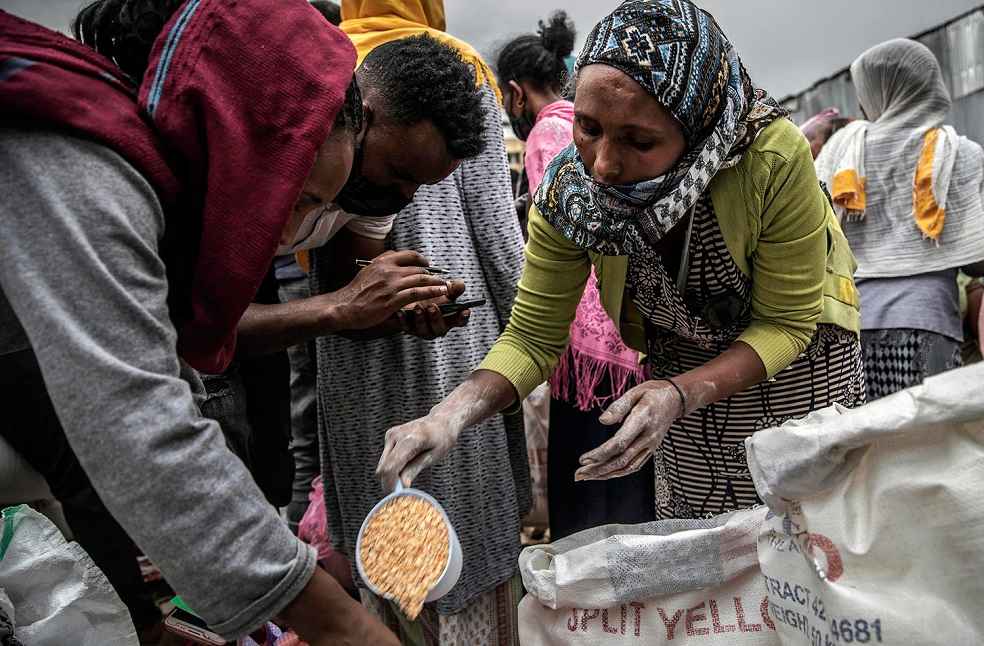The World Bank has projected a 12% decline in global commodity prices in 2025, followed by a further 5% drop in 2026, as weakening global economic growth and intensifying trade tensions weigh on demand. This downturn is expected to bring commodity prices, adjusted for inflation, back to their 2015–2019 average, the lowest in real terms for the 2020s.
According to the latest Commodity Markets Outlook, this marks the end of the price surge driven by the post-COVID economic rebound and supply disruptions following Russia’s invasion of Ukraine in 2022. The easing of prices is likely to alleviate short-term inflationary pressures, particularly those arising from new U.S. tariffs and mounting global trade barriers.

However, the decline poses serious challenges for developing economies, especially the two-thirds of low- and middle-income countries that depend heavily on commodity exports. World Bank Chief Economist Indermit Gill cautioned that while recent high prices had benefited these nations, the combination of reduced prices and ongoing volatility could strain their fiscal health. He recommended policy shifts, including trade liberalization, fiscal reforms, and improving business climates to attract private investment.
Energy prices, which had significantly driven up global inflation in 2022, are forecast to decline by 17% in 2025 and another 6% in 2026. Brent crude oil is expected to average $64 per barrel in 2025, down $17 from 2024, and $60 in 2026, influenced by strong supply levels and falling demand due in part to China’s growing electric vehicle market. Coal prices are projected to fall 27% in 2025 and an additional 5% in 2026, reflecting reduced consumption for power generation in developing economies.

Food prices are also expected to decline by 7% in 2025 and 1% in 2026, but this modest relief is unlikely to resolve worsening food insecurity in conflict-affected and aid-dependent regions. Shrinking humanitarian support and continued instability are expected to exacerbate hunger in the world’s most vulnerable countries.
In contrast, gold prices may hit record highs in 2025, as investors seek refuge amid heightened global uncertainty. The report anticipates a stabilisation of gold prices in 2026.
TRADE WORLD | ECB Monitors Inflation Rise as Trade Tensions Threaten Eurozone



